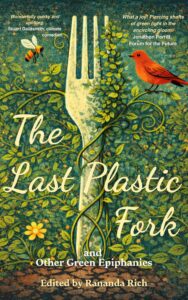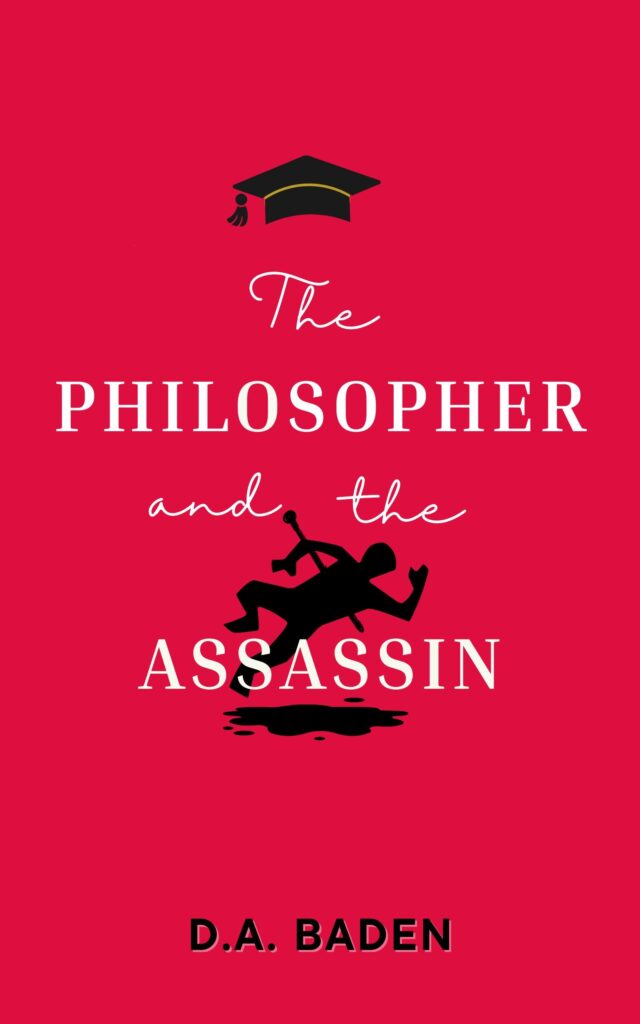
Change the story, change the future
Habitat Press is a small indie publisher. Our aim is to make the world a better place.
First, a good book contributes to the sum of human happiness. Our books are variously heartwarming, thought-provoking, page-turning, and many are a favourite of book clubs.
Second, at Habitat Press, we support storytelling that raises awareness about important issues and explores bold, practical answers. Compelling stories can inspire, change behaviour and reach a far wider audience than non-fiction alone. In fact, we don’t just believe this: the research backs it up. You can see the impacts we’ve had already here.
We publish genres encompassing everything from whodunnits and romances to stories for young audiences – we aim to offer something for every reader! What do all our books have in common? Great stories and big ideas.
So, have a browse…




Coming soon

The Habitat Press approach
At Habitat Press, we publish stories that explore the challenges our communities and our planet face, emphasizing positive visions of the future. Our books focus on two questions: what would a sustainable, flourishing world look like, and how we can get there?
Some of our books have emerged from projects where we teamed scientists with writers to craft stories around themes of climate change, biodiversity and solutions to the climate crisis; others have emerged from writing competitions and creative collaborations. We’ve partnered with organisations like albert (through BAFTA) and we help established writers integrate green solutions into their fiction.
We’re closely allied with the Green Stories Project, a series of writing competitions aiming to create a cultural body of work that:
- Entertains and informs about green solutions
- Inspires green behaviour
- Raises awareness of the necessary transformations towards a sustainable economy
- Engages a wide audience of readers.
Other stories that light the way forward
Green Stories writing competitions have generated many wonderful works of fiction, and we’re delighted to list the following books that have emerged out of Green Stories and been published elsewhere:




Submissions
A quick note about submissions in case you’re an author!
Most Habitat Press books are sourced from the Green Stories Project competitions. We encourage you to get involved by exploring our (and their) resources and writing competitions.
You can find all the details on current and upcoming Green Stories Project competitions, guidelines, story ideas, resources and previous competitions here or you can keep informed about new books, events, workshops and updates by signing up to our newsletter.









